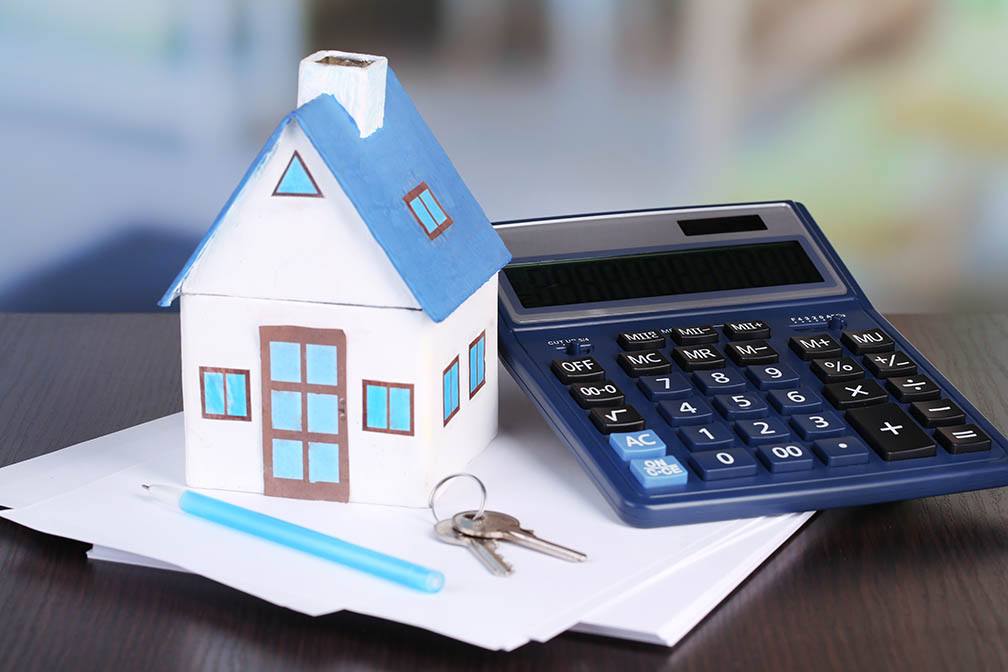How to Use a Mortgage Calculator to Determine Your Monthly Payments, Interest and More
 Are you thinking about using a mortgage to buy a new home? Buying your own piece of local real estate is a major financial investment and one that can require some pretty complex math to fully understand.
Are you thinking about using a mortgage to buy a new home? Buying your own piece of local real estate is a major financial investment and one that can require some pretty complex math to fully understand.
In this blog post we’ll discuss mortgage calculators and how to use one of these tools to determine your monthly mortgage payments, interest charges, amortization periods and more.
Determining Your Principal and Down Payment Amounts
To get started with a mortgage calculator you’ll need to know how the price of the home and how much you intend to contribute as a down payment. Generally speaking you’ll want to place a down payment of at least 20 percent in order to avoid having to pay for private mortgage insurance and to give you access to better interest rates.
Choosing Your Interest Rate and Amortization Period
Now that you have an idea of the amount of mortgage financing you’ll need, the next step is to choose your interest rate and amortization period. Different lenders will offer different interest rates for every one of their mortgage products, so again you’ll want to play around with these numbers and run the calculation to see which combination of mortgage financing, interest rate and amortization period gives you a monthly payment that suits your budget.
Using a Mortgage Calculator for Refinancing
If you’re thinking about refinancing your current mortgage you can also use a mortgage calculator to help make the math a bit easier. Simply use your outstanding mortgage balance as the principal amount and then choose an amortization schedule that fits your financial goals. Be sure to keep an eye on your interest payments, as you may find that by refinancing to a longer amortization period your monthly payments go down but your total interest paid is quite a bit higher.
Don’t Forget the Closing Costs
Finally, don’t forget that there are numerous “closing costs” – fees, taxes and more – which you’ll need to factor in to your overall calculation. Closing costs will include everything from home appraisal fees to government filing fees and property taxes, and will vary depending on the home and the city or community you’re buying in.
While online mortgage calculators can handle the tricky math to determine monthly payments and interest costs you may still find that you have questions about your mortgage or some aspect of the process. For more information, contact your local mortgage professional and they’ll be happy to share their advice and expertise.

 Investing in a home is a big financial decision, and along with the decision to buy is the question of how much mortgage you’ll be able to afford. While your debt-to-income ratio can be helpful in determining the range for your mortgage amount, a mortgage calculator can be a beneficial tool in coming to a potential price. If you’re curious about how and if this financial tool can benefit you, here are the details about using a mortgage calculator.
Investing in a home is a big financial decision, and along with the decision to buy is the question of how much mortgage you’ll be able to afford. While your debt-to-income ratio can be helpful in determining the range for your mortgage amount, a mortgage calculator can be a beneficial tool in coming to a potential price. If you’re curious about how and if this financial tool can benefit you, here are the details about using a mortgage calculator.